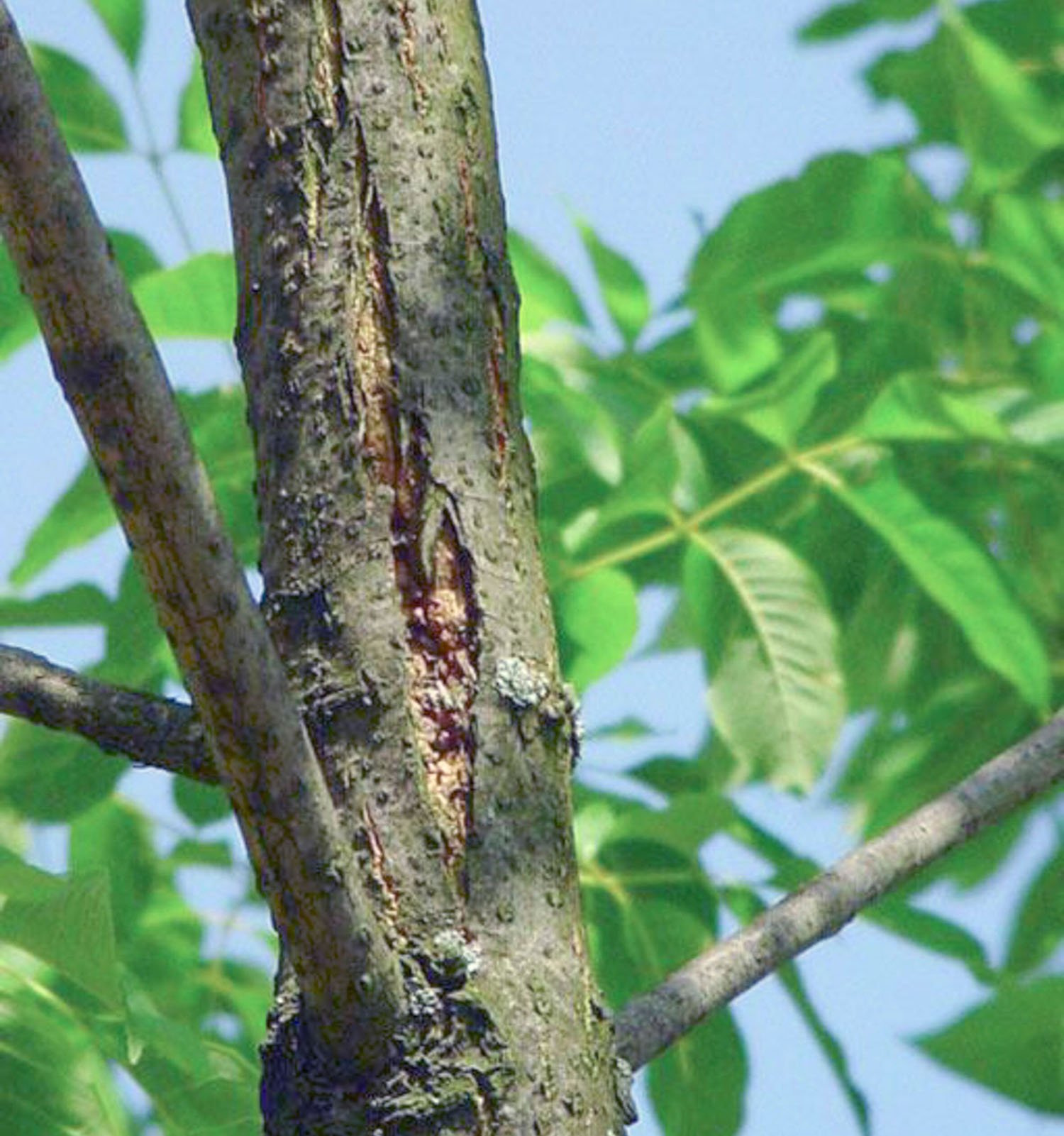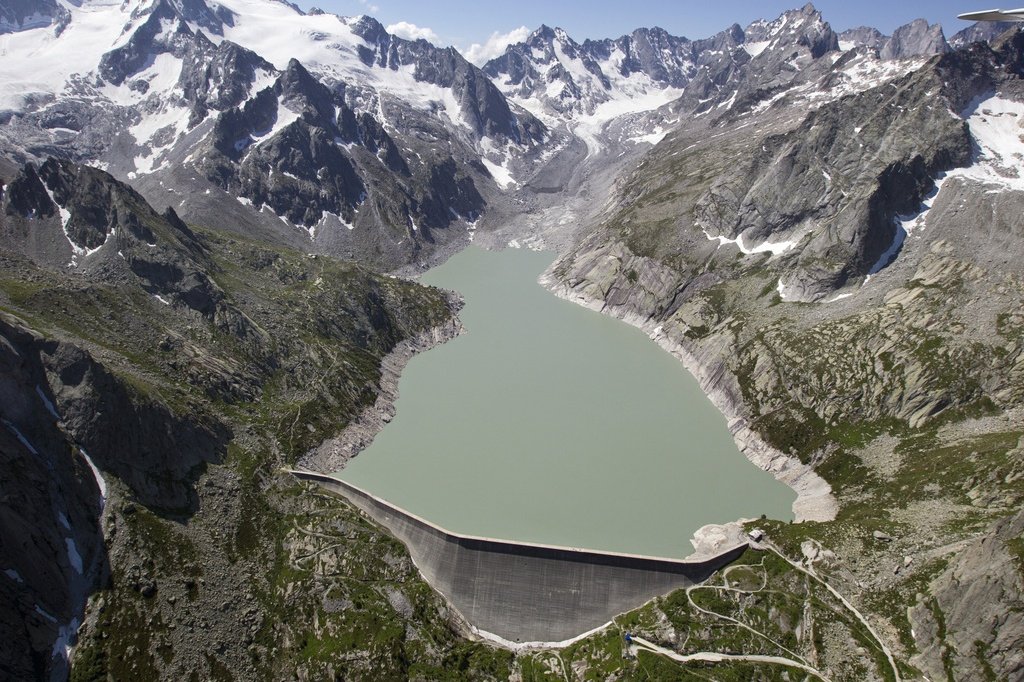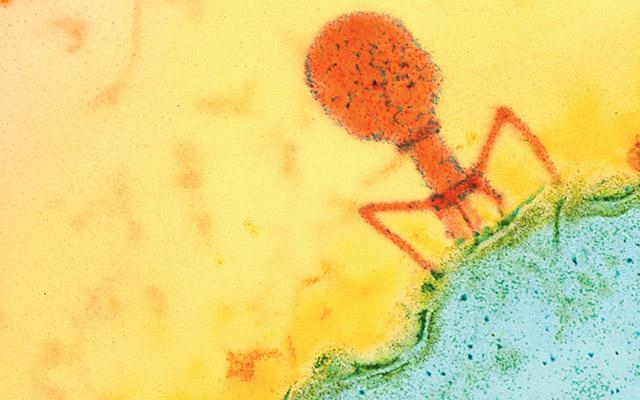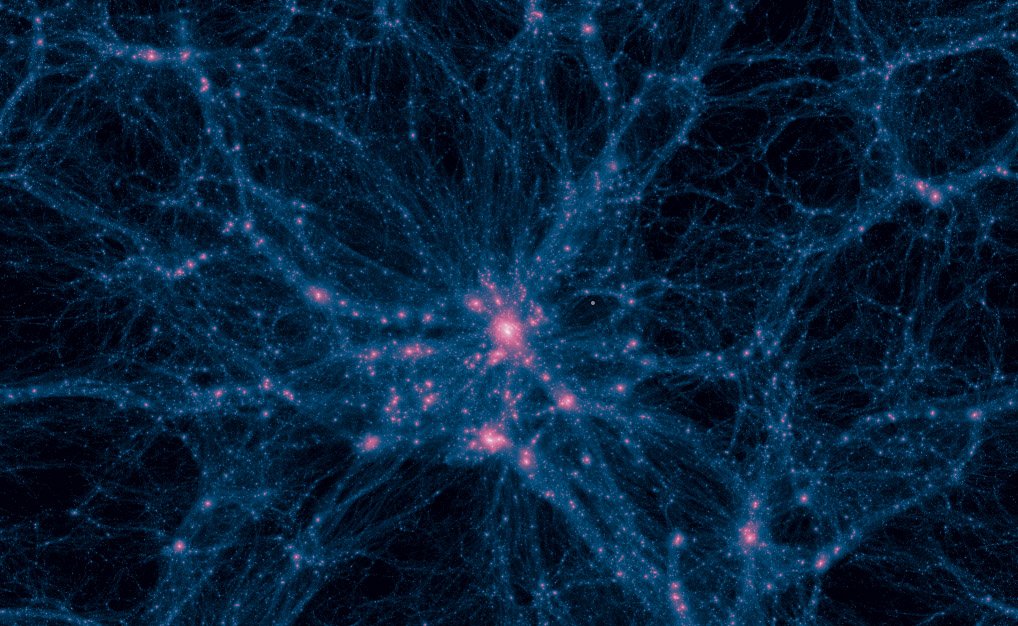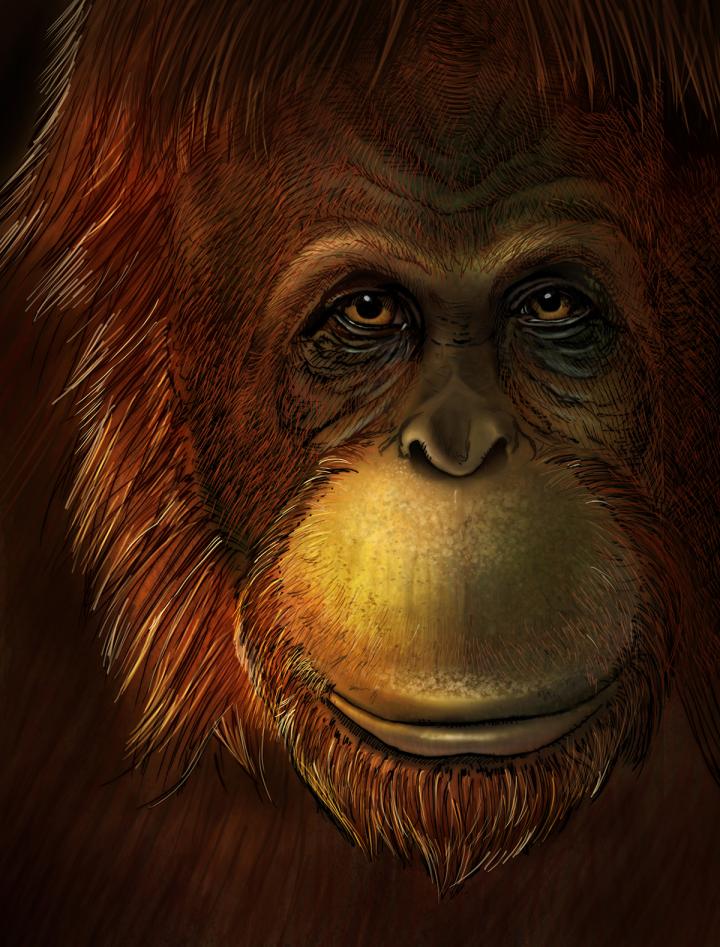Rising from the ashes
For the past decade the outlook has been gloomy for European ash trees devastated by Ash dieback and facing the threat of more invasive pests. Now the latest scientific research brings better news. It reveals that European ash has moderately good resistance to the Emerald Ash Borer (EAB) a beetle which has severely affected ash … Read more
